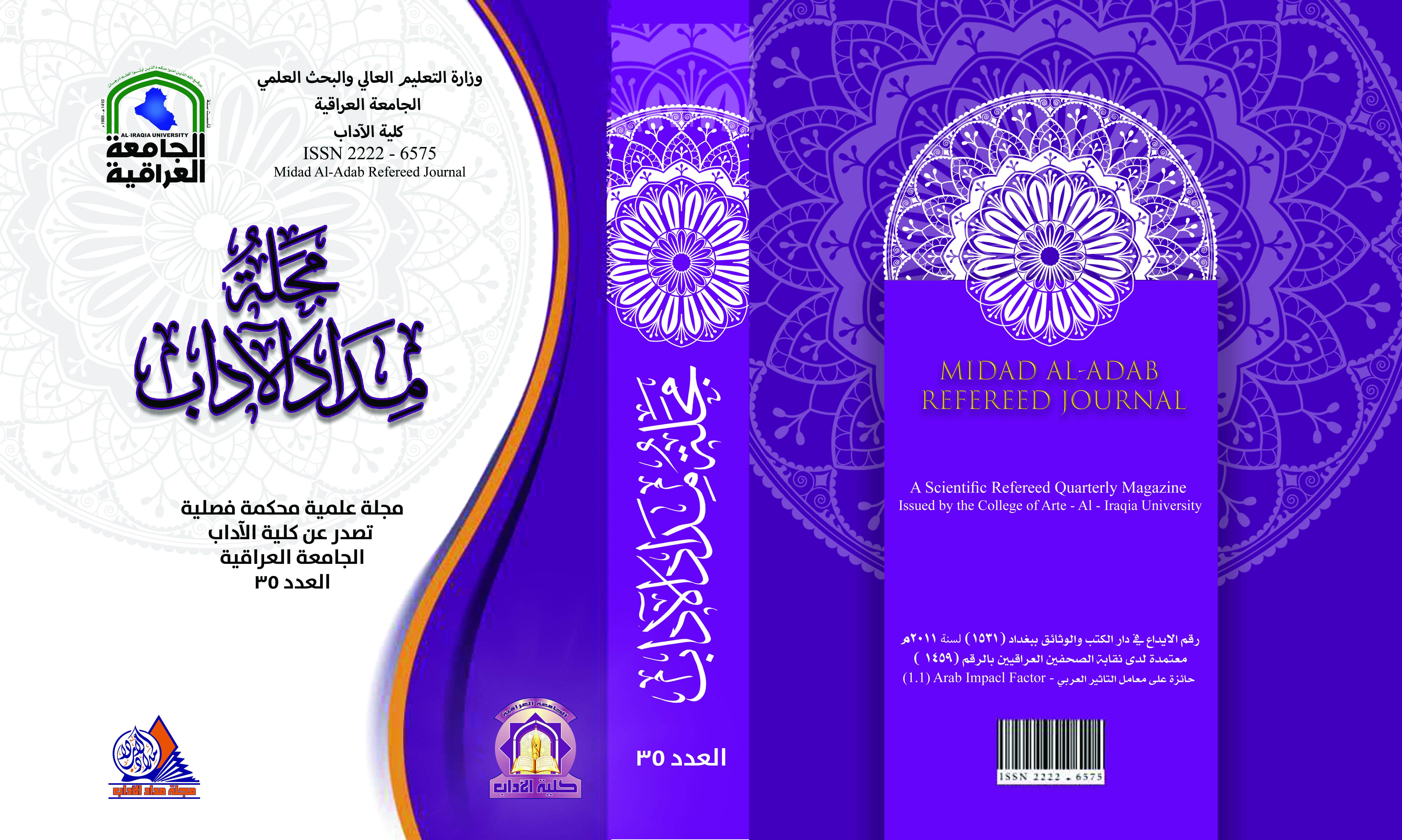Lexical Knowledge and Its Effects on Language Proficiency: A Synonymous Study
Lexical Knowledge and Its Effects on Language Proficiency: A Synonymous Study
DOI:
https://doi.org/10.58564/ma.v14i35.1381Keywords:
Keywords: Lexical knowledge, language proficiency, EFL learners, recognition, production.Abstract
Previous studies have proved that there is a strong connection between a language learner's vocabulary knowledge and their linguistic ability. It is believed that knowing one sense of a word is not sufficient, especially for academic learners and it is considered to be some sort of lacking lexical knowledge since learners cannot express their ideas/ thoughts using different style. Thus, investigating the size and depth of known words that learners obtained during their study period in Iraqi universities is a significant issue to predict their abilities in using the target language. The aim is to investigate the “vocabulary knowledge” and its use of a group of EFL fourth-stage learners in the “Department of English language and Literature/ College of Arts/ Mustansiriyah University”. The used test that fulfills the study aims is based on Read’s (2000, p.2) Assessing Vocabulary. The type of the test that Read (ibid) stated is commonly used in the field of EFL teaching and learning, and learners have acquainted with it many times through their period of study. The main purpose of the test is to look into the recognition and production levels of learners' lexical knowledge (ibid). A total number of 30 learners went through the two-parted test since a higher number of participants makes findings more accurate. The results obtained were not as expected, in general. Participants suffer from deficiency in the knowledge of vocabularies in connection with its breadth and depth.
Downloads
Published
Issue
Section
License

This work is licensed under a Creative Commons Attribution-NonCommercial-NoDerivatives 4.0 International License.








